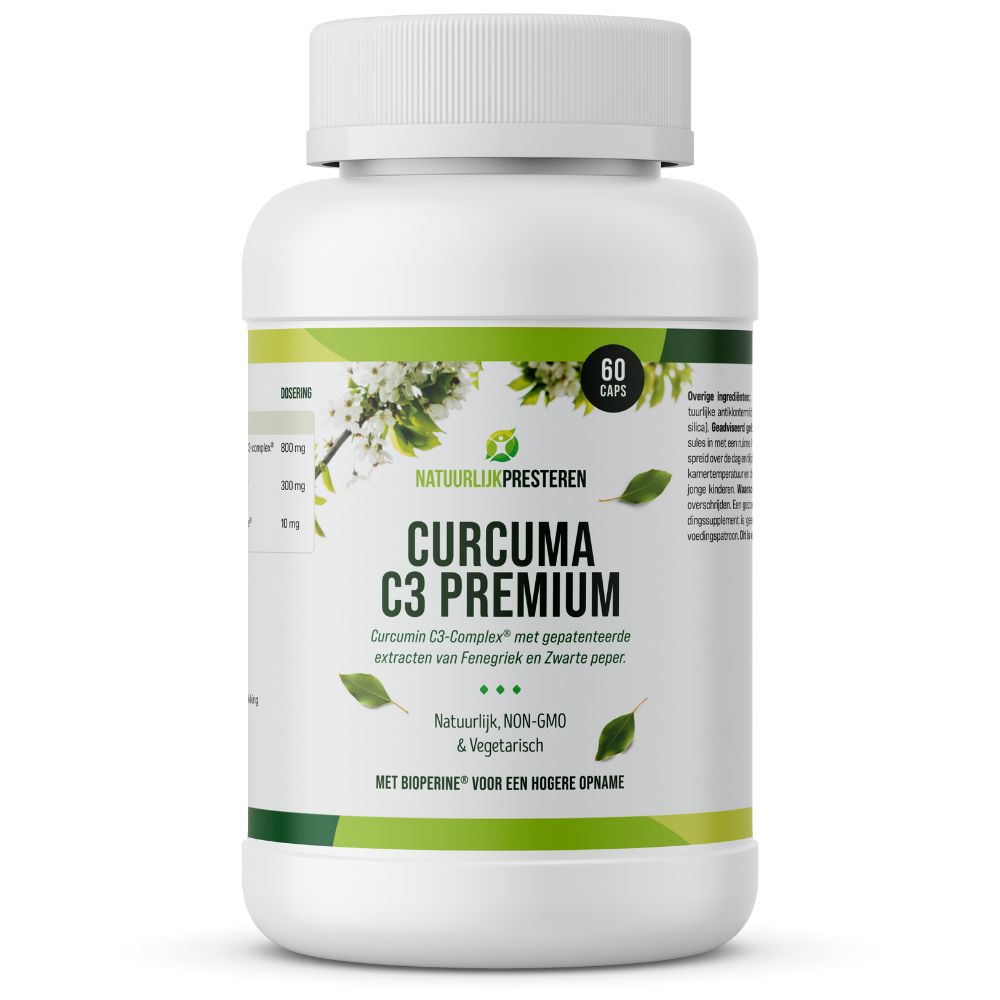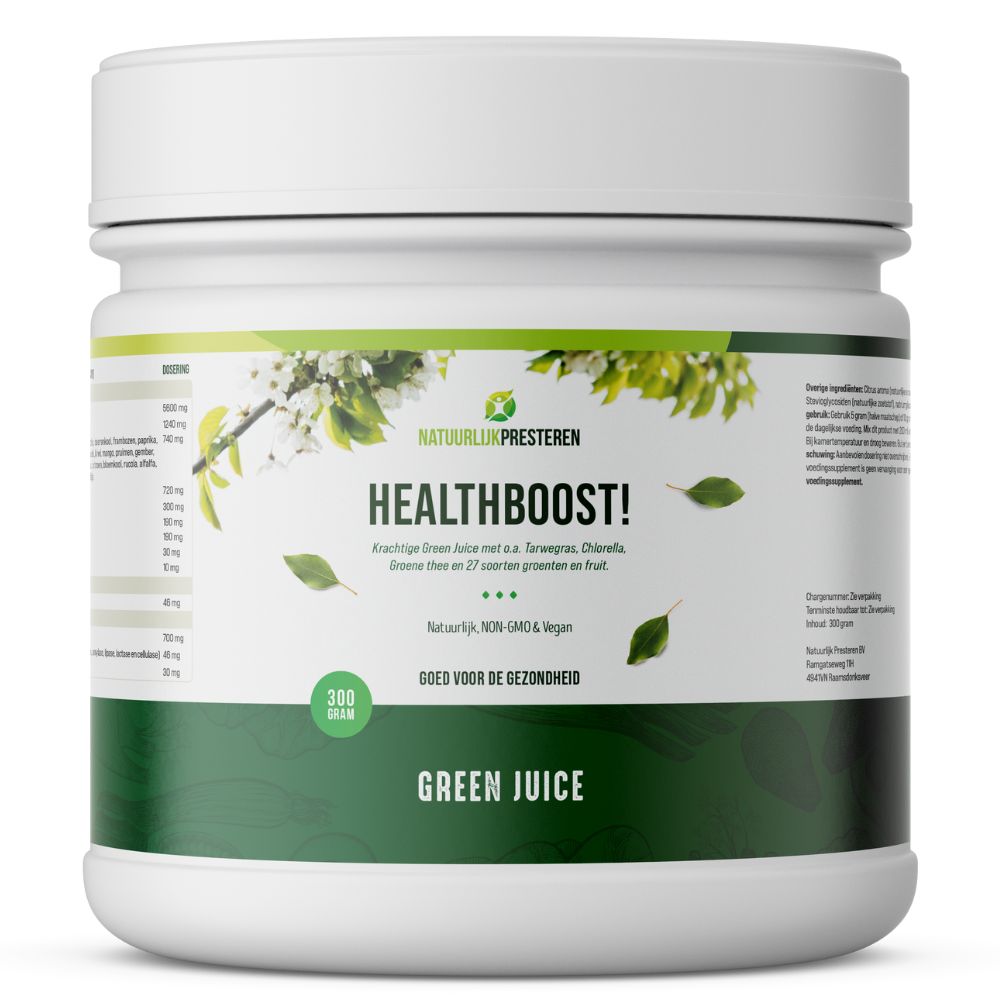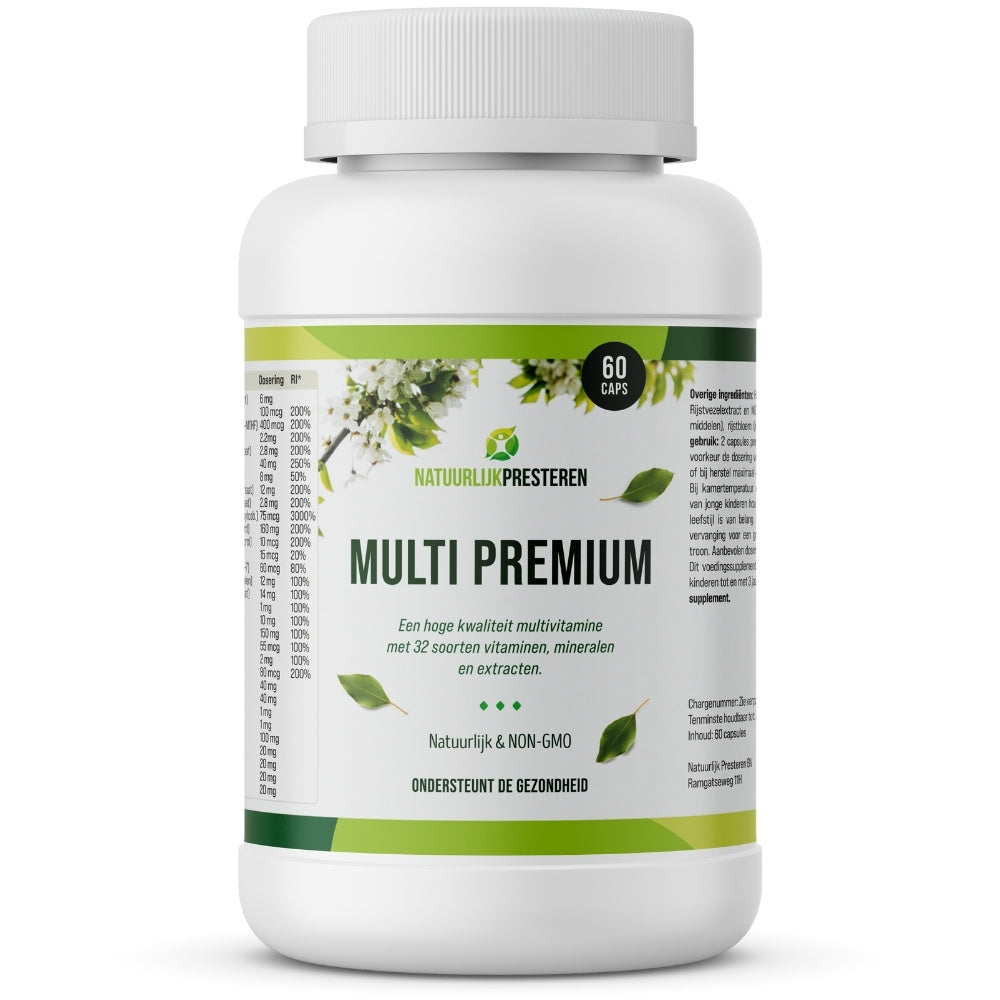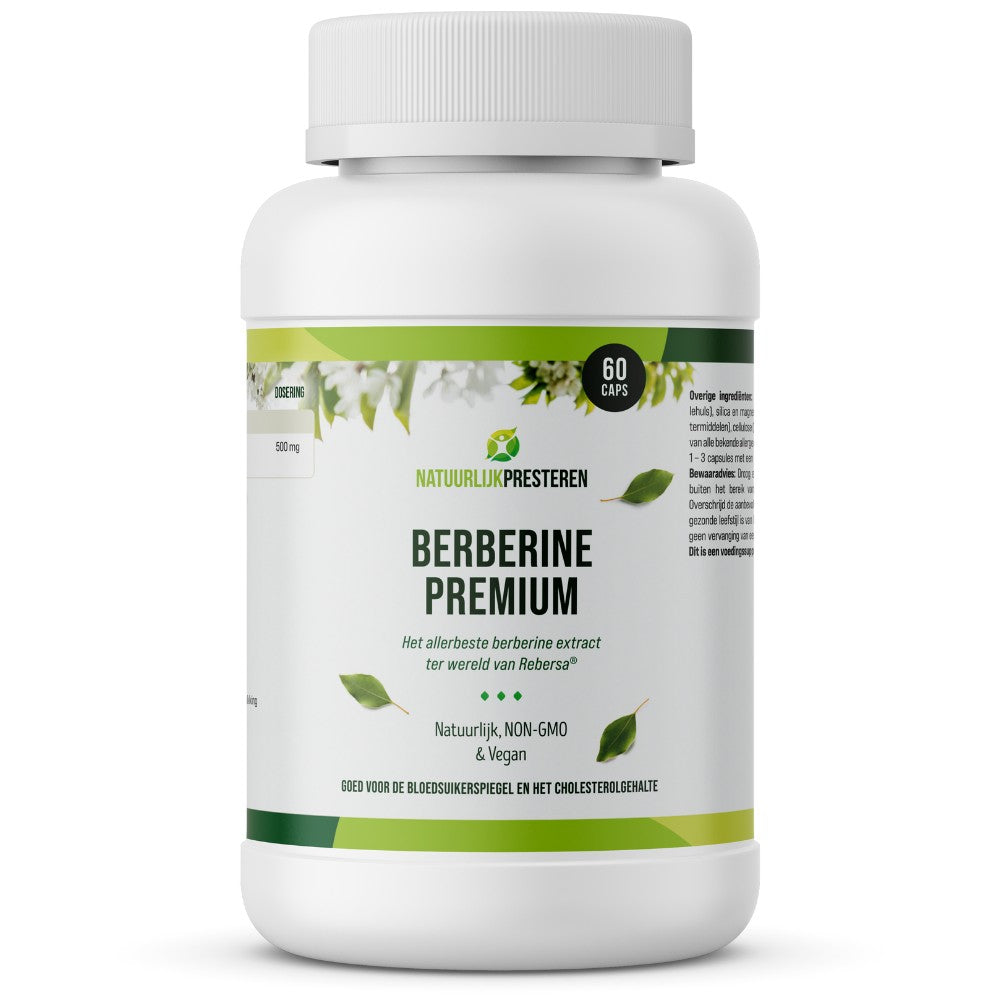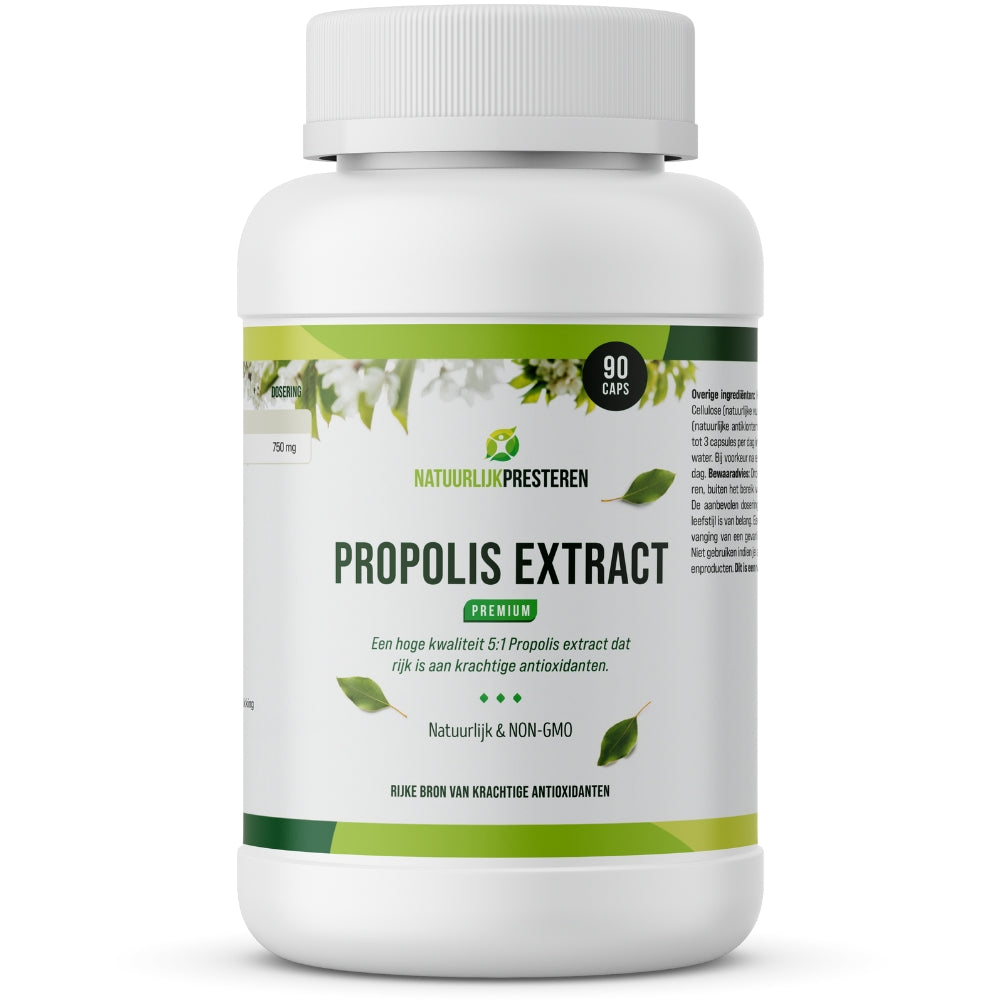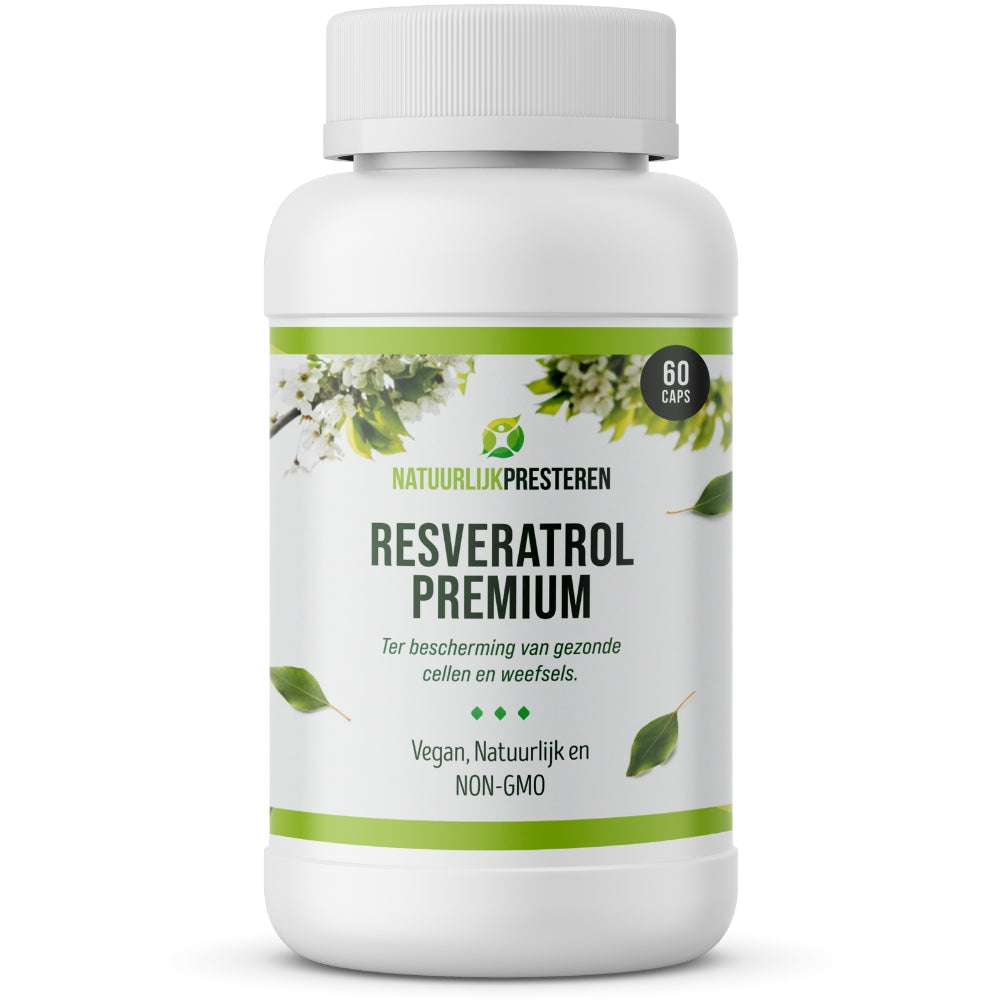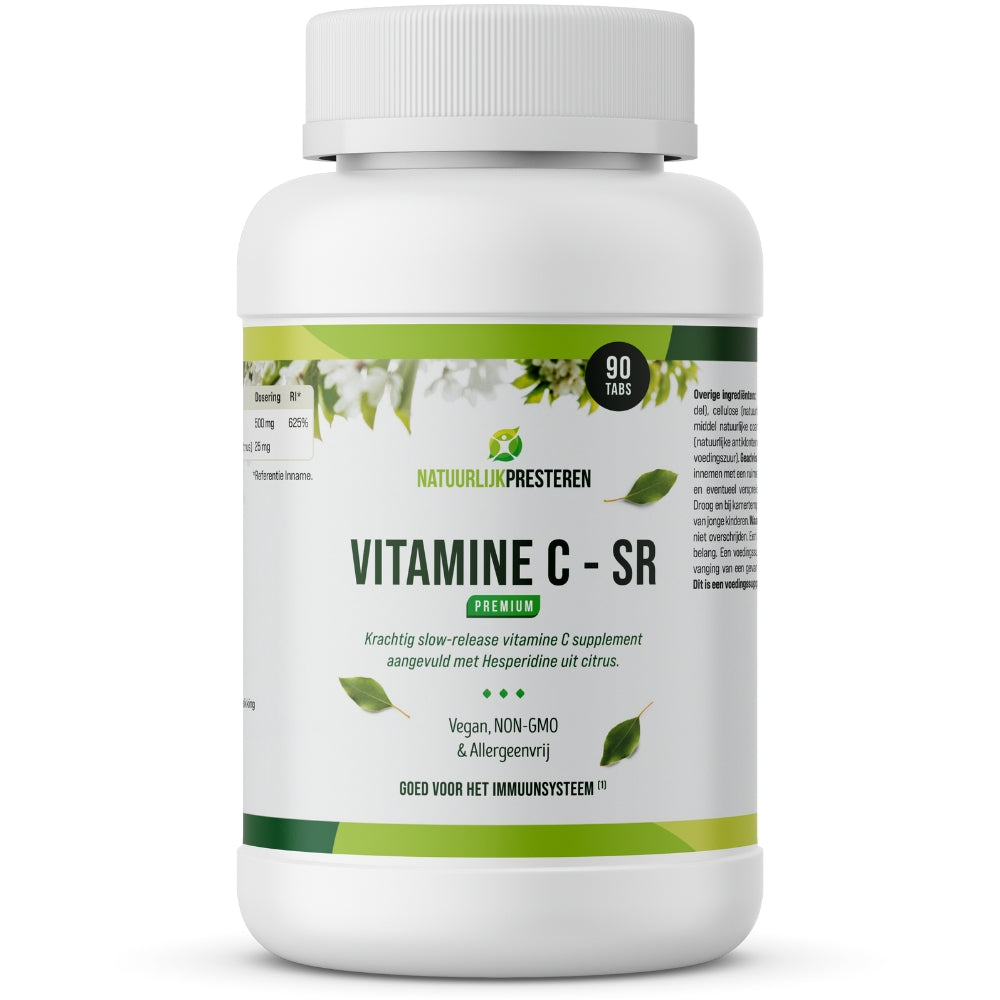Supplements with antioxidants
Antioxidants are molecules that fight harmful substances (free radicals) in the body. These free radicals are compounds that can cause damage to the body when their levels in the body become too high. The body needs antioxidants to neutralize free radicals in balance.
The body has its own antioxidant defenses to keep free radicals under control. When these defenses are no longer functioning optimally, it is important to replenish the body's own supply of antioxidants. Supplements with antioxidants can then help restore the balance and support the natural defenses against free radicals.
Antioxidants and free radicals
Free radicals are constantly being formed in the body. Without antioxidants, free radicals could quickly cause a lot of damage. However, free radicals are important to the body because they also perform functions that are essential for health. For example, immune cells use free radicals to fight infections. This makes it important for the body to maintain a balance of free radicals and antioxidants.
When there are more free radicals than antioxidants, it can lead to a condition called oxidative stress. Long-term oxidative stress can damage DNA and other important molecules and tissues in the body.
Types of antioxidants
There are basically 3 types of antioxidants that occur in nature: vitamins, antioxidant enzymes and phytochemicals. You can find these in all kinds of sources such as vegetables, fruit but also in algae and the human body.
Vitamins
The body does not naturally produce antioxidant vitamins. Therefore, it is essential to include dietary sources of them in our daily diet. This can be in the form of food or supplements. Common antioxidant vitamins include vitamin A, C, E, folic acid, and beta-carotene.
Phytochemicals
Phytochemicals are the antioxidants that are naturally used by plants to protect themselves from free radicals. Phytochemicals are divided into the following categories carotenoids, flavonoids, allyl sulfides, and polyphenols. Mainly foods such as whole grains, fruits, and vegetables contain phytochemicals.
Enzymes
Certain enzymes have an antioxidant effect. Examples of these enzymes are superoxide dismutase (SOD), glutathione peroxidase, glutathione reductase and catalases. In order for antioxidant enzymes to have an optimal antioxidant effect, they need co-factors such as iron, copper, selenium, magnesium and zinc.
Antioxidants in supplements
Antioxidants can be categorized as either water-soluble or fat-soluble. Water-soluble antioxidants work in the fluid inside and outside cells, while fat-soluble antioxidants work primarily in cell membranes. Both forms of antioxidants are often used in supplements.
-
Vitamin C – a water-soluble vitamin with powerful antioxidant properties. It cannot be produced by the body itself and is an essential nutrient for the body. Vitamin C is good for the immune system, helps protect body tissues from damage and can help reduce fatigue.
-
Vitamin E – Vitamin E is a very powerful, fat-soluble vitamin. This vitamin plays an important role in protecting cell membranes from oxidative damage. This vitamin is also often added to fish oil supplements to protect the effective omega-3 fish fatty acids.
- Flavonoids – Flavonoids are plant antioxidants with a powerful effect. They are associated with protecting body tissues and can contribute to the health of blood vessels and a favorable blood flow.
Want to order antioxidants?
If you want to order products with antioxidants, you have come to the right place. One of our top products in the field of health support is the Multi Premium. A powerful multivitamin with a high dosage of organic vitamins and minerals together with the most powerful antioxidants.




